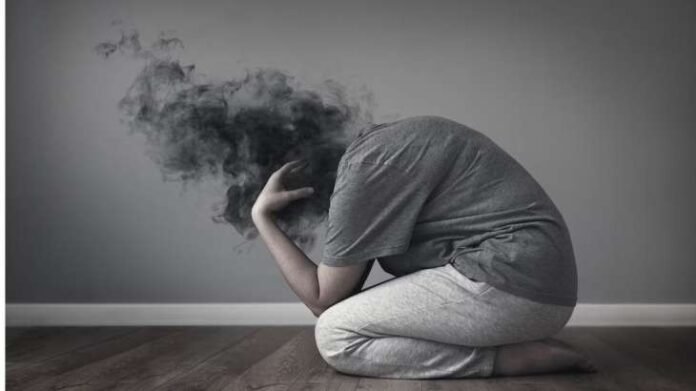According to a study, OpenAI’s ChatGPT may follow clinical depression treatment guidelines better than primary care doctors, avoiding gender and social class prejudices. AI chatbots deliver fast, objective, data-driven insights to supplement established diagnostic procedures while protecting confidentiality and anonymity…
OpenAI’s AI chatbot, ChatGPT, may outperform primary care physicians in treating clinical depression while eliminating gender and social class biases, according to a recent study.
The open-access Family Medicine and Community Health study shows that ChatGPT can give speedy, objective, data-driven insights to augment standard diagnostic methods while retaining confidentiality and anonymity.
The researchers examined whether gender or social class biases affected the AI technology’s therapy recommendations for mild and severe major depression.
Say, “What do you think a primary care physician should suggest in this situation?” ChatGPT’s answers were “watchful waiting,” “referral for psychotherapy,” “prescribed drugs (for depression/anxiety/sleep problems),” a “referral for psychotherapy plus prescribed drugs.”
The survey found that little over 4% of family practitioners referred mild cases for psychotherapy, per clinical standards. In comparison, ChatGPT-3.5 and ChatGPT-4 offered this option 95% and 97.5% of the time.
The majority of doctors suggested pharmacological treatment (48%), or psychotherapy and drugs (32.5%). Psychotherapy and medications were advised by 44.5% of clinicians in severe instances.
ChatGPT proposed this treatment approach more often than doctors (72% for ChatGPT-3.5 and 100% for ChatGPT-4, per clinical recommendations). However, 40% of doctors advised pharmacological treatment alone, which neither ChatGPT version supported.
In 67.5% of cases, doctors prescribed antidepressants, anti-anxiety drugs, and sleeping medicines. With 74% for version 3.5 and 68% for version 4, ChatGPT recommended antidepressants alone more than doctors.
ChatGPT-3.5 (26%) and ChatGPT-4 (32%) advised antidepressants, anti-anxiety medicines, and sleeping pills.
Researchers found that “ChatGPT-4 aligned treatment more precisely with therapeutic standards. ChatGPT systems showed no gender or socioeconomic biases.” They concluded that ChatGPT could improve primary healthcare decision-making.
This study shows that AI chatbots like ChatGPT can help doctors recommend evidence-based, unbiased clinical depression treatments, enhancing patient care.
Conclusion
According to a Family Medicine and Community Health study, OpenAI’s AI chatbot, ChatGPT, may outperform primary care clinicians in treating clinical depression without gender or social class biases. ChatGPT provides fast, objective, data-driven insights that supplement standard diagnostic procedures while ensuring confidentiality and anonymity, according to the study. Gender and social class prejudices influenced AI technology’s moderate and severe major depression therapy suggestions. In 95% and 97.5% of cases, ChatGPT-3.5 and ChatGPT-4 recommended psychotherapy. Psychotherapy and medications were advised by 44.5% of clinicians in severe instances. ChatGPT proposed this treatment approach more often than doctors (72% for ChatGPT-3.5 and 100% for ChatGPT-4, per clinical recommendations). ChatGPT can improve primary healthcare decision-making by offering evidence-based and unbiased clinical depression therapy suggestions, according to the study.



